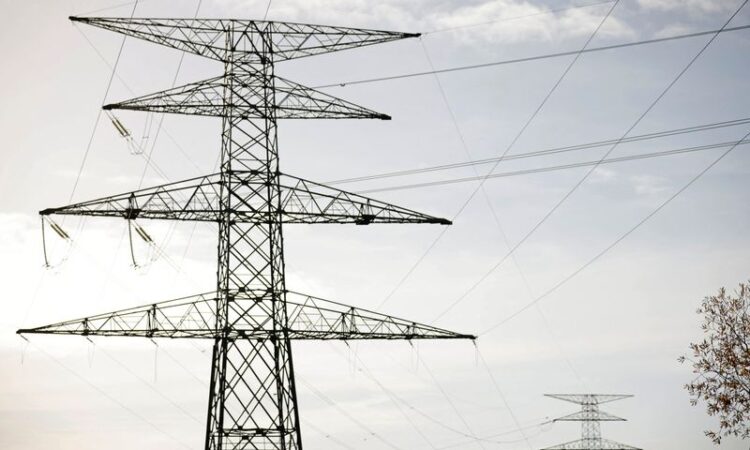
By Kate Abnett and Diana Mandia
BRUSSELS (Reuters) -European Union countries unanimously agreed on Thursday to quit an international energy treaty over concerns that it protects fossil fuel investments and undermines efforts to fight climate change, the Belgian EU presidency said.
The 1998 Energy Charter Treaty (ECT) allows energy companies to sue governments over policies that damage their investments. In recent years, some companies have used it to launch billion-dollar lawsuits against measures to shut or restrict fossil fuel projects.
“I’m very happy and I will thank all of you around the table to work hard with the Belgian presidency team to break the stalemate on this file,” Belgian Energy Minister Tinne Van der Straeten said.
Brussels proposed an EU exit from the treaty last year, after member states including Denmark, France, Germany, Luxembourg, Poland, Spain and the Netherlands announced individual plans to quit, with most citing climate change concerns.
The bloc argued that the treaty was no longer in line with the Paris agreement on climate change and EU ambitions regarding the energy transition.
The European Parliament approved the EU exit last month.
“This is a historic moment and a significant victory for climate justice campaigners across Europe,” Climate Action Network (CAN) Europe said in a statement, adding the pressure would now be on those remaining EU countries that have yet to exit the ECT.
Member states which wish to remain contracting parties after the EU’s withdrawal will be able to vote during the upcoming Energy Charter Conference – expected to take place by end-2024 – by approving or not opposing the adoption of a modernised agreement, the Council of the EU said in a statement.
Before leaving, the EU agreed it will first approve reforms to the treaty – which aimed to make it more climate-friendly, but which some European governments said fell short.
The Energy Charter Treaty secretariat has not yet confirmed when treaty members will meet to vote on the reforms. It did not immediately respond to a request for comment.
Around 50 signatories to the treaty agreed the reforms in 2022. One of the key changes is the reduction to 10 years from 20 of a “sunset clause” that would apply to countries that quit.
During this period, energy firms from other signatory nations such as Japan and Turkey would continue to receive the treaty’s protection of their existing investments in the EU.
(Reporting by Kate Abnett and Diana Mandiá, editing by Bart Meijer, William Maclean)






